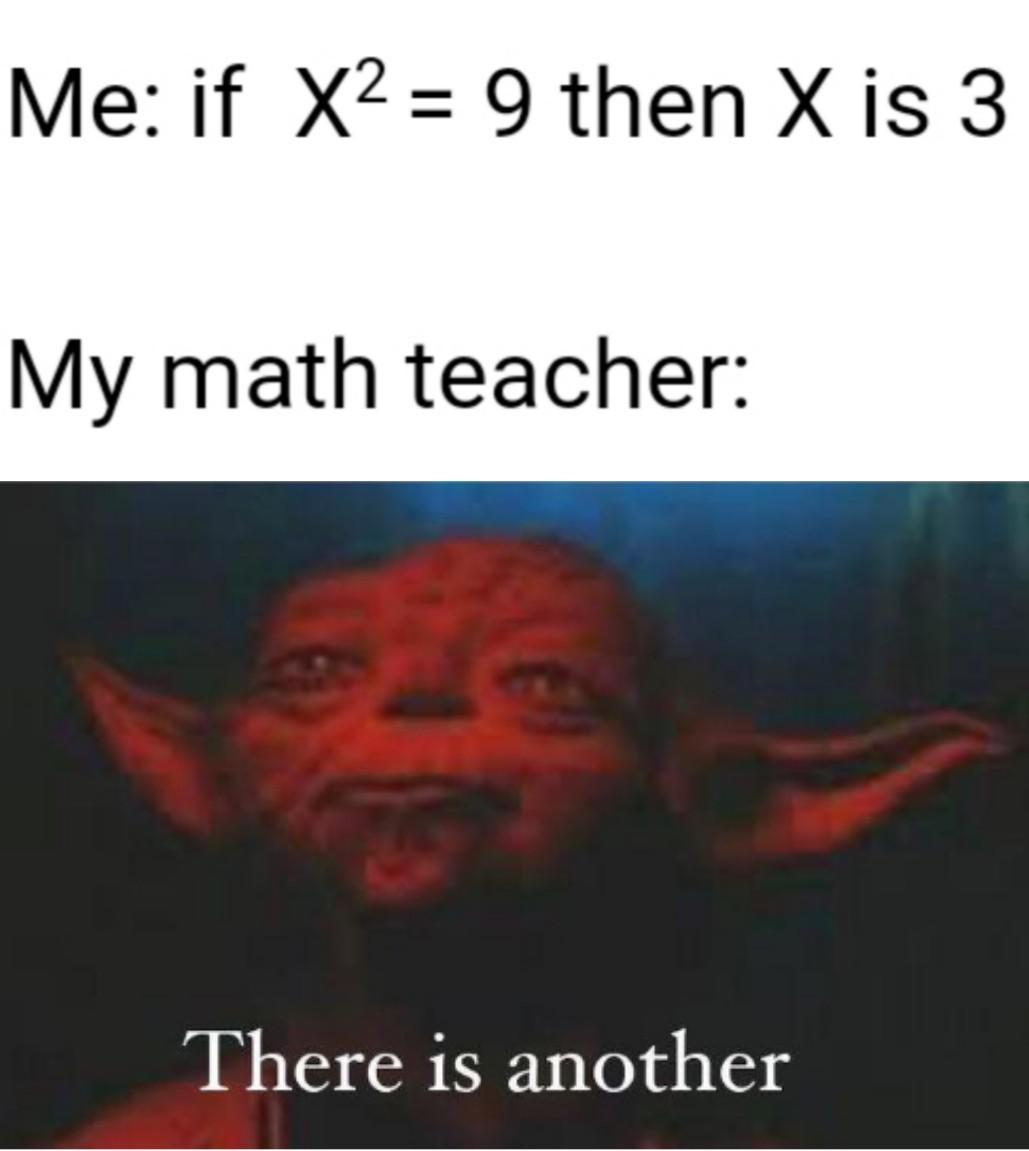
Mathematics is often seen as a subject that requires intelligence, but in reality, it’s more about practice than natural talent. Just like learning a musical instrument or a sport, mastering maths comes from consistent effort and problem-solving. As a maths tutor, I’ve seen first-hand how regular practice transforms struggling students into confident problem solvers.
Why Practice Matters
Maths is a subject built on logic and patterns. The more you practice, the more familiar you become with different types of problems and the strategies needed to solve them. This familiarity helps build speed, accuracy, and confidence, which are crucial in both exams and real-world applications.
Practicing also helps reinforce concepts. It’s easy to follow along in class and understand a topic while the teacher is explaining it, but unless you apply it yourself, the knowledge fades quickly. Solving questions regularly strengthens your understanding and ensures that the methods stay fresh in your mind.
Overcoming Fear and Anxiety
Many students feel anxious about maths, especially when faced with difficult questions. However, consistent practice reduces this anxiety. When you expose yourself to different problems, you start recognising patterns and common tricks, making even the toughest questions feel manageable. Over time, what once seemed impossible becomes second nature.
Developing Problem-Solving Skills
Maths isn’t just about numbers—it’s about thinking critically and logically. By practicing a variety of questions, students learn to approach problems from different angles, improving their reasoning skills. These problem-solving abilities extend beyond maths and are valuable in science, engineering, finance, and even everyday life.
Final Thoughts
If you want to excel in maths, there’s no shortcut—practice is key. Aim to solve problems regularly, challenge yourself with new concepts, and don’t be afraid to make mistakes. The more you practice, the better you get, and soon enough, maths will feel less like a challenge and more like a skill you’ve mastered.
Tom Gloster

